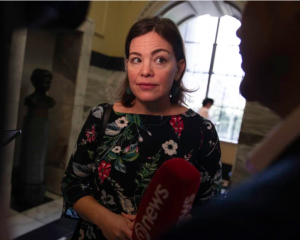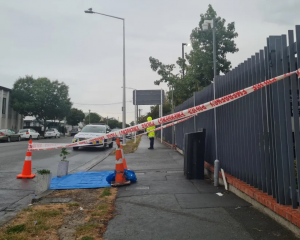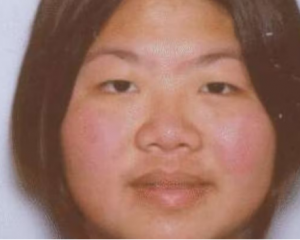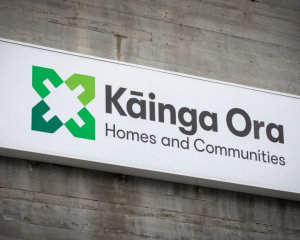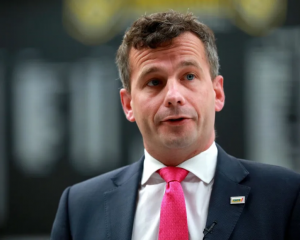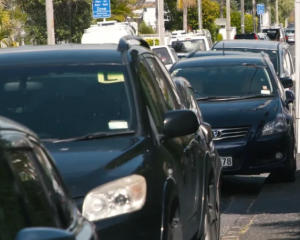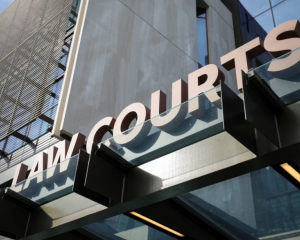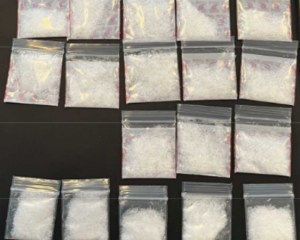New laws for child seats in cars come into effect from today, but police will be taking an discretionary approach while parents get to grips with the new rules.
From today the mandatory use of child restraints in vehicles will be extended by two years, requiring all children to be correctly secured in an approved restraint until their seventh birthday.
If an approved restraint is available in the vehicle, it must be used until children turn eight, an increase of one year.
Approved child restraints include baby capsules, car seats and booster seats.
A police national headquarters spokesman said the new rules which would help to keep more children safe on the road.
"Staff will be using their discretion while the new law is introduced, with a strong focus on education.
"However, there will be no tolerance for people who put children's lives at risk by wilfully ignoring the law or failing to restrain a child where restraints are available."
New Zealand Transport Agency (NZTA) road safety director Ernst Zollner said child restraints used in New Zealand must display standards markings to show they are approved and safe to be used.
Baby on the Move Auckland franchise owner Kylie McCracken said they hadn't noticed a massive increase in sales while parents prepared for the law change.
Most parents were happy with the new rules, however it would be better if the law was based on height instead of age, she said.
Associate transport Minister Michael Woodhouse said the rule change was agreed by Cabinet in 2012 and signed in June this year.
"Increasing the age brings New Zealand more in line with international standards and aligns us with the rules in Australia and Japan."
Those who failed to safely secure a child were liable for a $150 fine for each child.
West Auckland mother Kirsty Mew said she bought capsule car seats for her two children Hunter, 4, and Charlotte, 7, when they were babies.
They then transitioned to car seats with help from a Plunket initiative, before moving onto booster seats.
Ms Mew said the law change was "great".
"Kids, they're only little, I don't think you can put a price on their life. If it makes it safer, then why not?"
The price shouldn't be a deterrent for parents when lay by, rental and charity options were available, she said.
Ms Mew estimated she had spent around $330 on child seats over the past seven years.
Plunket national child safety advisor Sue Campbell said some parents were eligible for child seat grants through Work and Income and Plunket ran a cheaper child seat rental programme for those on low incomes in some areas.
She also advised parents to shop around and search for cheaper options.
The cost of compliance:
* Capsule car seats: $70 to $400.
* Convertible car seats: $175 to $700
* Booster seats: $22 to $600
(Source: The Baby Factory/The Warehouse)

